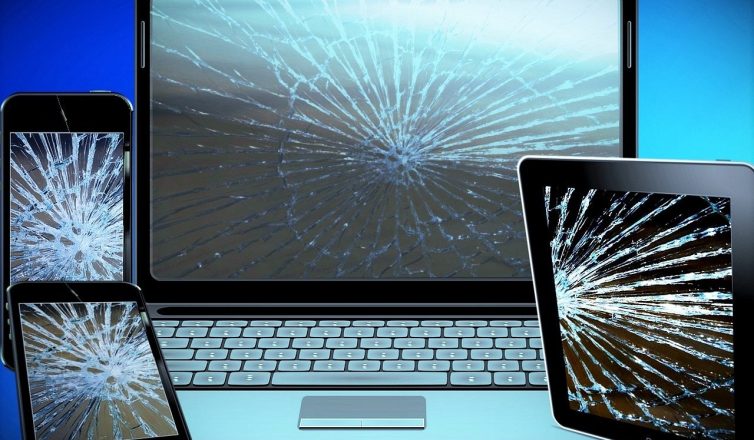In our digital age, electronic devices have become an integral part of our lives. From smartphones and laptops to televisions and appliances, we rely on these gadgets for communication, entertainment, and productivity. However, as technology rapidly evolves, so does the issue of electronic waste, or e-waste. In this blog, we will explore how electronic recycling plays a crucial role in reducing e-waste and protecting the environment.
The Growing Problem of E-Waste:
Electronic waste is a rapidly growing concern worldwide. Each year, millions of tons of e-waste are generated, and improper disposal can have severe environmental and health consequences. Electronic devices often contain hazardous substances like lead, mercury, and cadmium, which can leach into soil and water if not disposed of properly.
The Importance of Electronic Recycling:
Electronic recycling is the process of safely and responsibly disposing of old or unwanted electronic devices. It involves the recovery of valuable materials from these devices and their reuse in new products. By recycling electronics, we can achieve the following benefits:
- Resource Conservation: Electronics contain valuable materials such as gold, silver, copper, and rare earth metals. Recycling these devices allows us to extract and reuse these materials, reducing the need for mining and conserving natural resources.
- Waste Reduction: By recycling electronic devices, we prevent them from ending up in landfills, where they can release toxic substances into the environment. Recycling helps divert e-waste from landfill disposal, reducing the overall volume of waste.
- Energy Savings: Manufacturing electronic devices from raw materials requires significant amounts of energy. By recycling and reusing materials, we can save energy and reduce greenhouse gas emissions associated with manufacturing processes.:
The Process of Electronic Recycling:
Electronic recycling typically involves the following steps:
- Collection: Electronic recyclers offer convenient drop-off locations where individuals and businesses can bring their old devices. These recyclers ensure that the devices are handled properly and securely.
- Sorting and Dismantling: Once collected, the devices are sorted based on their type and condition. They are then dismantled, separating the various components for further processing.
- Material Recovery: During the dismantling process, valuable materials such as metals, plastics, and glass are extracted. These materials undergo specialized recycling techniques to be reused in the manufacturing of new products.
- Responsible Disposal: Any hazardous substances or components that cannot be recycled are disposed of safely and according to regulations to prevent environmental contamination.
The Role of Electronic Recyclers:
Electronic recyclers play a vital role in ensuring the proper recycling and disposal of electronic devices. They have the expertise and resources to handle e-waste safely and responsibly. By choosing certified electronic recyclers, you can be confident that your devices will be processed in an environmentally friendly manner, reducing the impact on our planet.
Why Choose Us?
At Modern Waste, we are committed to promoting sustainable waste management practices and protecting the environment. Our certified electronic recycling services enable individuals and businesses to dispose of their e-waste responsibly. With state-of-the-art facilities and a team of experts, we ensure that your electronic devices are recycled in compliance with environmental regulations. We also offer fire extinguisher disposal services, providing a comprehensive solution for the proper management of hazardous waste.

